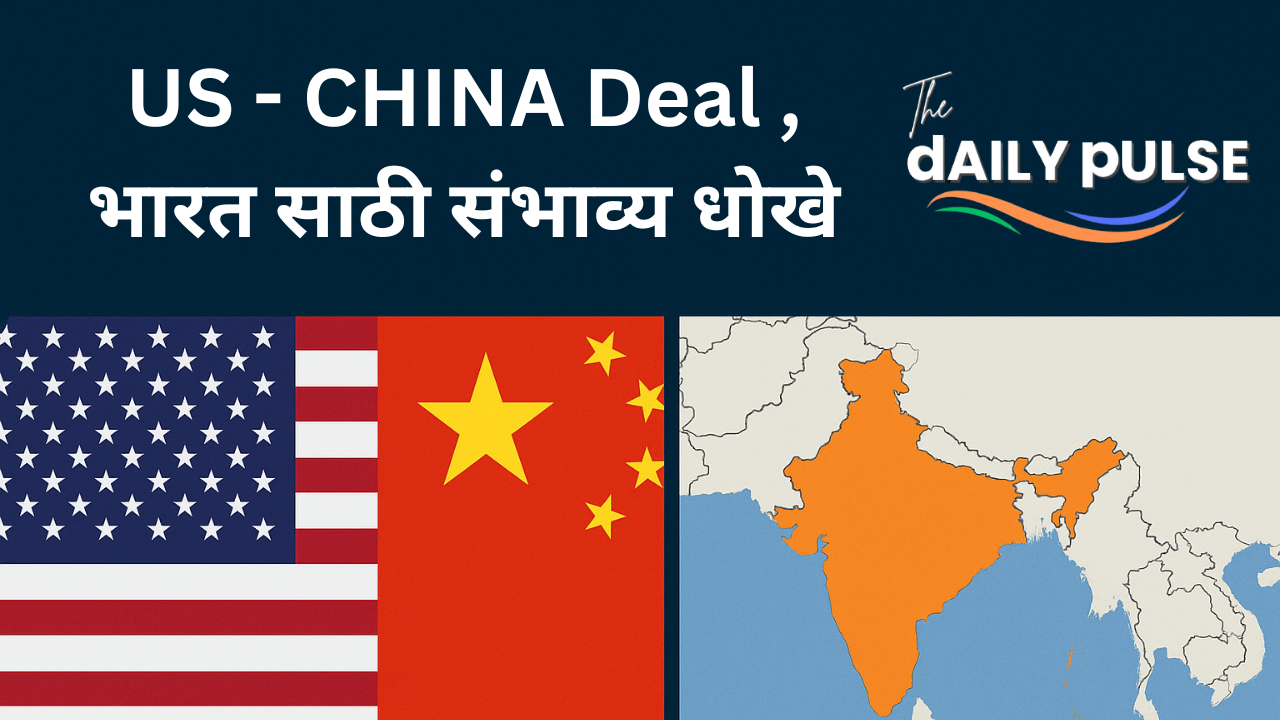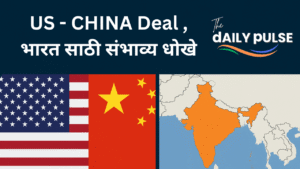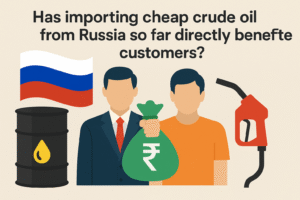Pakistan: A Haven for Terrorists, Yet a Darling of Global Aid?
By Sachin S. Sanghavi
Published on July 28, 2025
Pakistan, a nation often labeled as a breeding ground for terrorism, has mastered the art of securing international financial aid while its economy teeters on the brink of collapse. Since 1958, the International Monetary Fund (IMF) has bailed out Pakistan 23 times, funneling billions of dollars into a country that critics argue prioritizes terror sanctuaries over economic stability. As the world grapples with questions of accountability, one must ask: Why does global justice tilt in Pakistan’s favor?
A Trail of Debt and Dependency
Pakistan’s relationship with the IMF began in 1958 with a modest $0.25 billion loan. Over the decades, this dependency has only deepened. From $0.375 billion in the 1960s to a staggering $7.6 billion in 2008 and $7 billion in 2024, the IMF has consistently stepped in to rescue Pakistan’s faltering economy. In 2025 alone, Pakistan secured $2.4 billion in two tranches ($1 billion + $1.4 billion). Yet, despite this influx of funds, the nation remains mired in debt, with its economy labeled as “bankrupt” by analysts.
Here’s a snapshot of Pakistan’s IMF aid over the years:
| Year | IMF Aid (Billion USD) |
|---|---|
| 1958 | 0.25 |
| 1965 | 0.375 |
| 1968 | 0.375 |
| 1972 | 0.10 |
| 1973 | 0.75 |
| 1977 | 0.80 |
| 1980 | 1.20 |
| 1981 | 1.50 |
| 1988 | 1.20 |
| 1989 | 0.50 |
| 1993 | 1.30 |
| 1994 | 0.60 |
| 1995 | 0.80 |
| 1997 | 1.60 |
| 2001 | 1.40 |
| 2008 | 7.60 |
| 2013 | 6.60 |
| 2019 | 6.00 |
| 2020 | 1.40 |
| 2022 | 6.50 |
| 2023 | 3.00 |
| 2024 | 7.00 |
| 2025 | 2.40 (1.0 + 1.4) |
A Paradox of Priorities
While Pakistan’s coffers are replenished with international aid, its reputation as a safe haven for terrorist groups casts a dark shadow. Critics argue that funds intended for development are often siphoned off, indirectly supporting militant networks. The nation’s economic woes—marked by inflation, unemployment, and a ballooning fiscal deficit—stand in stark contrast to its alleged role as a hub for extremist activities.
The Global Hypocrisy Debate
The IMF’s repeated bailouts raise uncomfortable questions about global financial governance. Why does a nation accused of harboring terrorists continue to receive billions in aid? Is the international community turning a blind eye to Pakistan’s geopolitical maneuvers in exchange for strategic interests? The cycle of debt and dependency fuels accusations of “financial hypocrisy,” with Pakistan leveraging its “developing nation” status to secure aid while failing to address systemic issues.
What Lies Ahead?
As Pakistan navigates its latest IMF package in 2025, the world watches closely. Will these funds stabilize the economy, or will they perpetuate a cycle of mismanagement and moral ambiguity? The data is clear—Pakistan’s reliance on external aid shows no signs of abating. But the larger question remains: Can a nation be trusted with billions when its priorities seem so misaligned?
Stay tuned to The Daily Pulse for more insights into global finance and geopolitics.
#IMF #PakistanDebt #TerrorState #IMFScam #Geopolitics #FinancialHypocrisy #TheDailyPulse













टिप्पणी पोस्ट करा